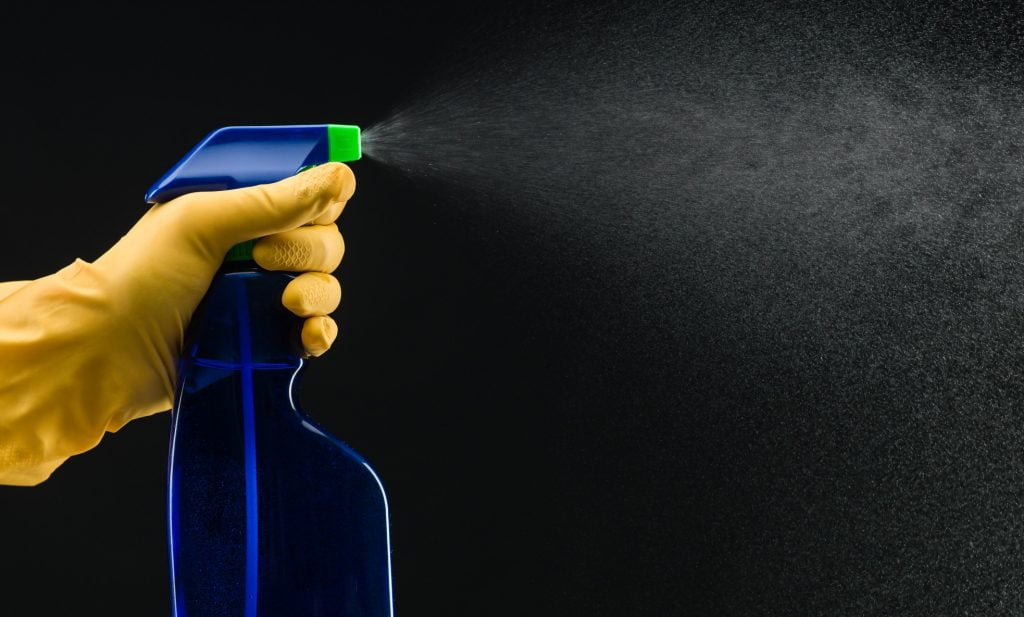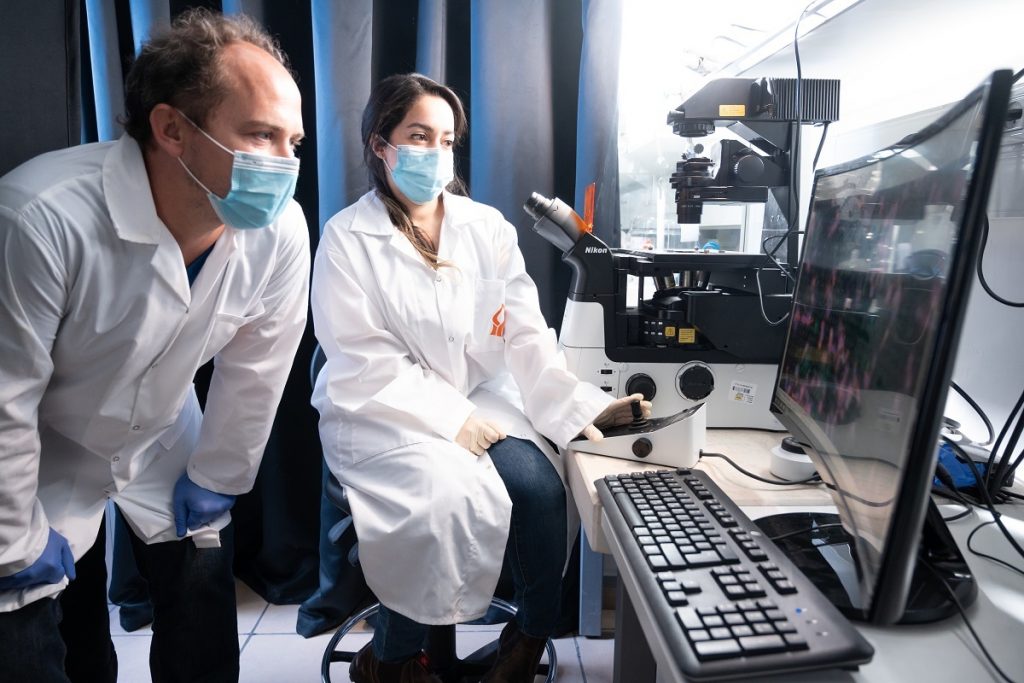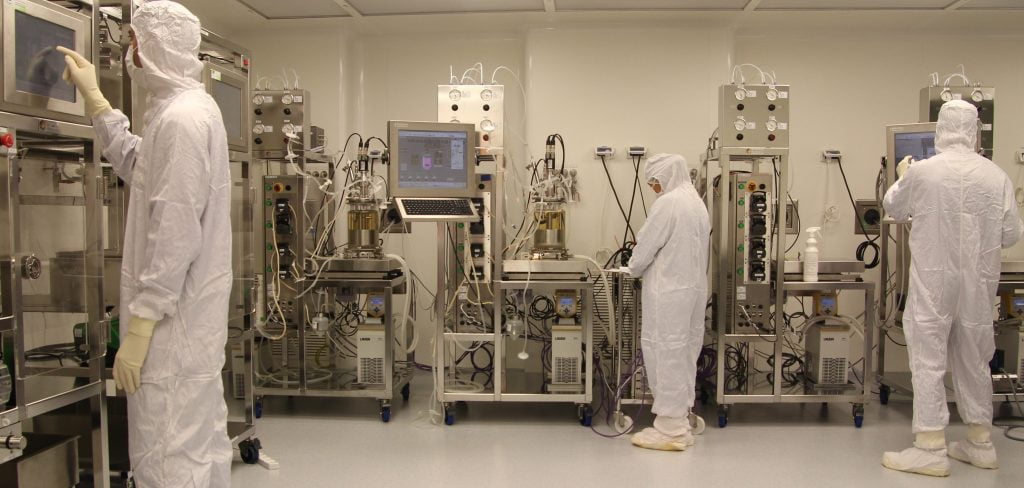Israeli researchers have developed a method to produce tap water-based, environmentally safe but powerful disinfectants that can kill bacteria and viruses, including coronaviruses, according to an announcement by Bar Ilan University.
The method was developed and patented by Dr. Eran Avraham, Dr. Izaak Cohen, and Prof. Doron Aurbach, head of the electrochemistry group, at Bar Ilan University’s Department of Chemistry and Institute of Nanotechnology and Advanced Materials.
The technology works through an array of nanometer-shaped electrodes with unique surface properties, the university explained in a statement, adding that the combination of the water and electrodes creates a cleaning material with an effective anti-bacterial capability for microorganisms (bacteria, viruses, and spores). At the same time, it is safe for macro-organisms (like skin cells) and does not contaminate groundwater.
The tech enables the preparation of a variety of solutions for clean spaces such as spray-aerosols for disinfecting surfaces, disinfectant wipes, liquids for hand-washing, shoe-washing, washing and disinfecting floors, air-conditioning systems, washing machines, and dry fog air-purifiers, and containers for immersion.
“The ability to produce electrodes in a variety of shapes and textures makes the technology suitable to almost any application – from a ‘cassette’ in an air conditioner, a container for washing fish and meat, to disinfection and removal of pesticides from vegetables and fruit, mobile spray, a device for manufacturing disposable antibacterial cloths and many other applications – even masks and gloves,” the university said. In electrode-free containers, the disinfectants can remain effective for two months and may be sold in recyclable bottles. For reusable bottled products, a fairly simple process can be applied to enable long-term use, according to the university.
The researchers also say the antiseptic capability is “100 times more effective” than household bleach, for example, and low concentrations of between 50 and 200 mg per liter are enough to disinfect. By contrast, bleach requires between 5,000 and 20,000 mg per liter. The produced materials are also safe for skin and do not cause burns or dryness. The researchers are now looking into the possibility that the materials may be able to treat skin wounds, the university said.
Sign up for our free weekly newsletter
SubscribeThe materials were recently tested by Dr. Inna Kalt and Dr.Tatiana Borodiansky Shteinberg in the lab of Prof. Ronit Sarid, of the Mina and Everard Goodman Faculty of Life Sciences at Bar Ilan University. They were proven against the herpes simplex virus, a skin infection with no known cure, and the human coronavirus OC43, one out of seven known coronaviruses that infect humans, and the type that causes the common cold.
“Both viruses were completely eliminated when exposed to the disinfectants for different periods of time. The structural characteristics of OC43 are similar to those of recent SARS-CoV-2 suggesting that this virus will also be easily eliminated with this disinfectant,” Professor Sarid said in the statement.
SARS-CoV-2 emerged sometime in December 2019 in Wuhan, China. Over the past five months, this coronavirus has spread across the world, infecting over four million people and killing over 280,000 so far. Countries are still grappling with the global pandemic.
In addition to social distancing, frequent hand-washing, and mask-wearing, health officials have also urged the cleaning and disinfecting of surfaces as preventative measures. According to multiple studies, the coronavirus can live on surfaces for several days, including plastic, stainless steel, copper, and cardboard.
Related posts

Israeli Medical Technologies That Could Change The World

Harnessing Our Own Bodies For Side Effect-Free Weight Loss

Missing Protein Could Unlock Treatment For Aggressive Lung Cancer






Facebook comments